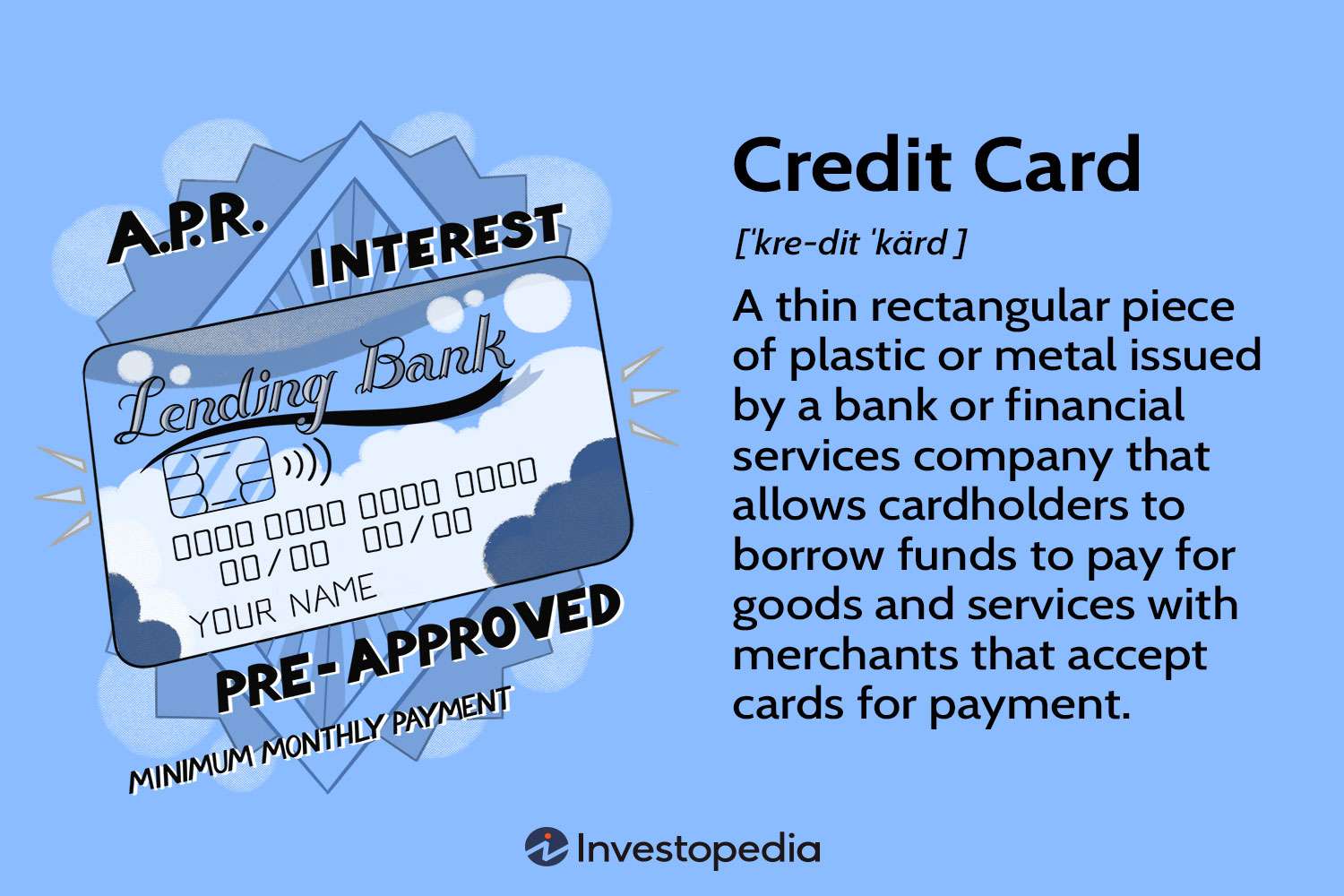Are Credit Card Minimums Legal in the UAE?
Credit cards have become an essential part of the modern financial landscape. They offer convenience, security, and flexibility for making purchases and managing expenses. However, with the widespread use of credit cards, questions about their terms and conditions have also arisen. One such question that frequently comes up is whether credit card minimum payments are legal in the UAE.
In the UAE, credit card minimum payments are indeed legal. However, it’s important for consumers to understand what minimum payments are, how they are calculated, and the potential impact they can have on their financial well-being.
What are Credit Card Minimum Payments?
A credit card minimum payment is the smallest amount that a cardholder must pay each month to keep their account in good standing. It is usually calculated as a percentage of the outstanding balance, typically around 5% of the total amount owed, or a fixed amount, whichever is higher.
The purpose of the minimum payment is to ensure that cardholders are making regular contributions towards reducing their outstanding balance. Failing to make at least the minimum payment can result in late fees, increased interest charges, and damage to the cardholder’s credit score.
Understanding the Legal Aspects
In the UAE, the laws governing credit card minimum payments are designed to protect both consumers and financial institutions. The Central Bank of the UAE has issued regulations that outline the minimum requirements for credit card payments, including the calculation of minimum amounts and the consequences of non-payment.
According to these regulations, credit card issuers are required to disclose the minimum payment amount and how it is calculated in the cardholder agreement. This ensures that consumers are aware of their obligations and can make informed decisions about their credit card usage.
The regulations also set limits on late payment fees and interest charges that can be imposed when a cardholder fails to make the minimum payment on time. This helps to prevent excessive financial burden on consumers who may be struggling to meet their payment obligations.
The Impact on Cardholders
While credit card minimum payments serve a practical purpose, they can also have long-term financial implications for cardholders. Making only the minimum payment each month can lead to a cycle of debt accumulation, as the outstanding balance continues to accrue interest.
For example, if a cardholder has a balance of AED 10,000 on their credit card with an interest rate of 18% and a minimum payment requirement of 5% of the outstanding balance, it would take over 22 years to pay off the debt by only making the minimum payment each month. During this time, the cardholder would end up paying over AED 15,000 in interest alone, significantly increasing the total cost of the original purchase.
Moreover, consistently making only the minimum payment can negatively impact the cardholder’s credit score, as it may be interpreted as a sign of financial distress or irresponsibility. This can make it more difficult to obtain credit in the future and may result in higher interest rates on new loans or credit cards.
Financial Responsibility and Best Practices
To avoid the pitfalls of credit card minimum payments, it’s important for cardholders to practice responsible financial management. This includes:
1. Paying more than the minimum: Whenever possible, cardholders should strive to pay more than the minimum amount due each month. This will help reduce the outstanding balance faster and save on interest charges.
2. Budgeting and planning: Creating a budget and sticking to it can help cardholders manage their expenses and avoid relying too heavily on credit cards. Planning for large purchases and saving up for them in advance can reduce the need for carrying a balance on a credit card.
3. Seeking professional advice: For individuals who are struggling with credit card debt, seeking advice from a financial advisor or credit counseling service can provide valuable insights and strategies for getting back on track.
4. Exploring other payment options: In cases where the outstanding balance is becoming unmanageable, cardholders can consider alternative payment options, such as a personal loan with a lower interest rate, to consolidate and pay off their credit card debt.
By taking these steps, cardholders can avoid the potential pitfalls of credit card minimum payments and maintain better control over their financial well-being.
In conclusion, credit card minimum payments are legal in the UAE, as regulated by the Central Bank. However, it’s crucial for consumers to understand the implications of making only the minimum payment each month and to take proactive steps to manage their credit card usage responsibly. By staying informed, practicing good financial habits, and seeking assistance when needed, cardholders can navigate the world of credit cards more confidently and avoid falling into the trap of excessive debt.

Ahmed bin Rashid, a seasoned travel enthusiast and visa process expert and the successful Businessman in Dubai. With an LLB from the University of Bolton in 2015, he combines his legal knowledge with his passion for exploration, offering invaluable insights into Business formation and visa processes around the globe. Follow Ahmed’s captivating journeys and expert advice to embark on your unforgettable adventures & Business.

